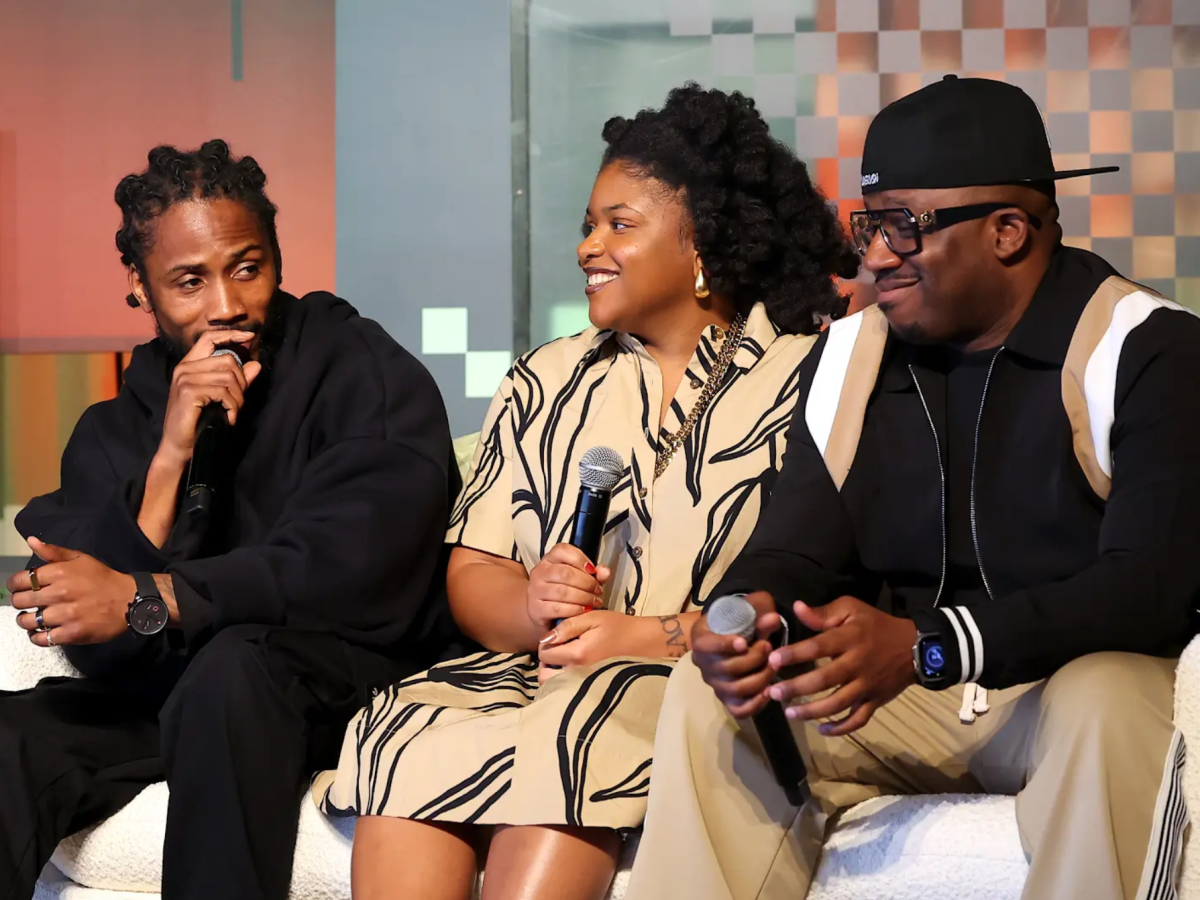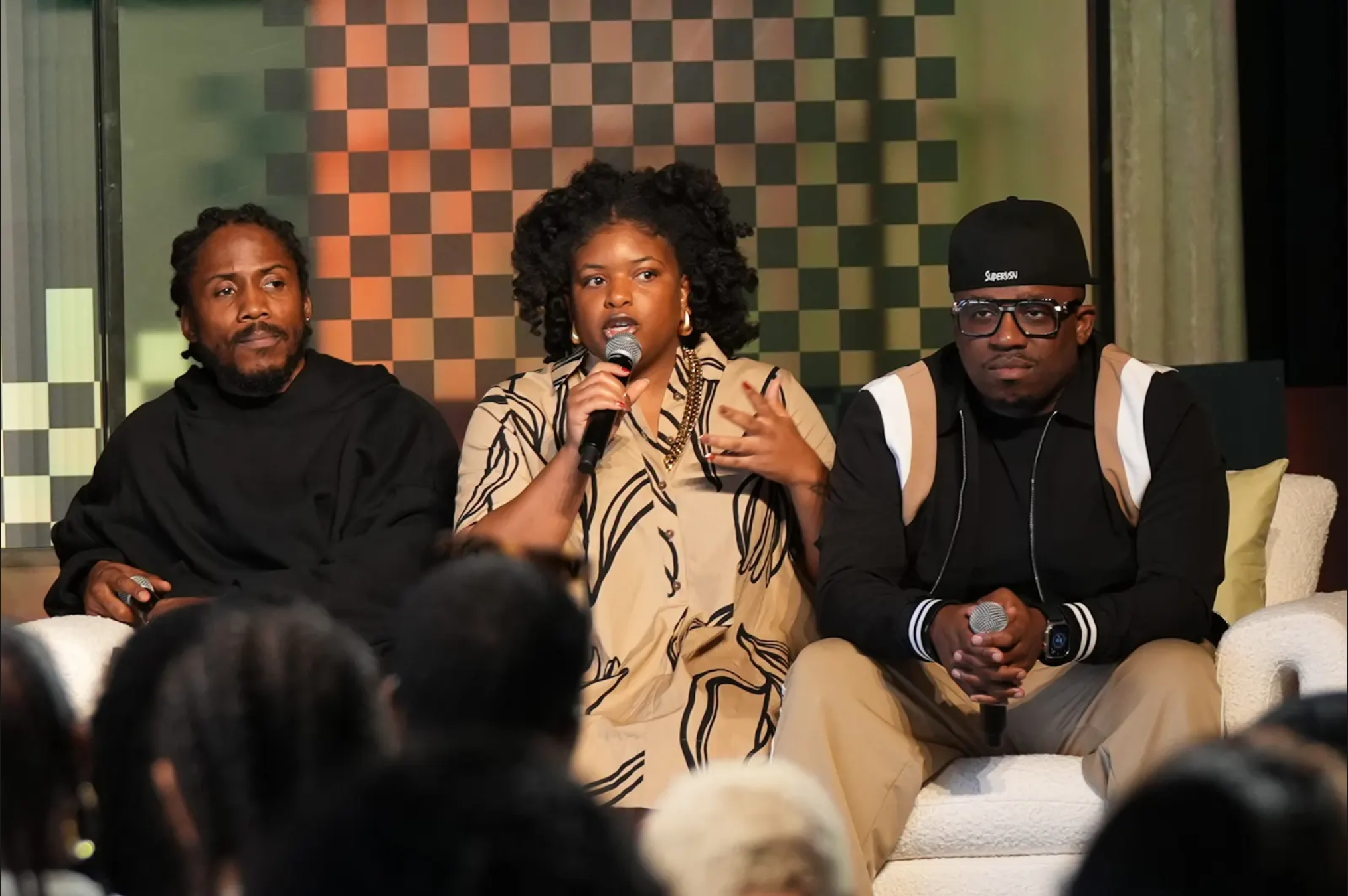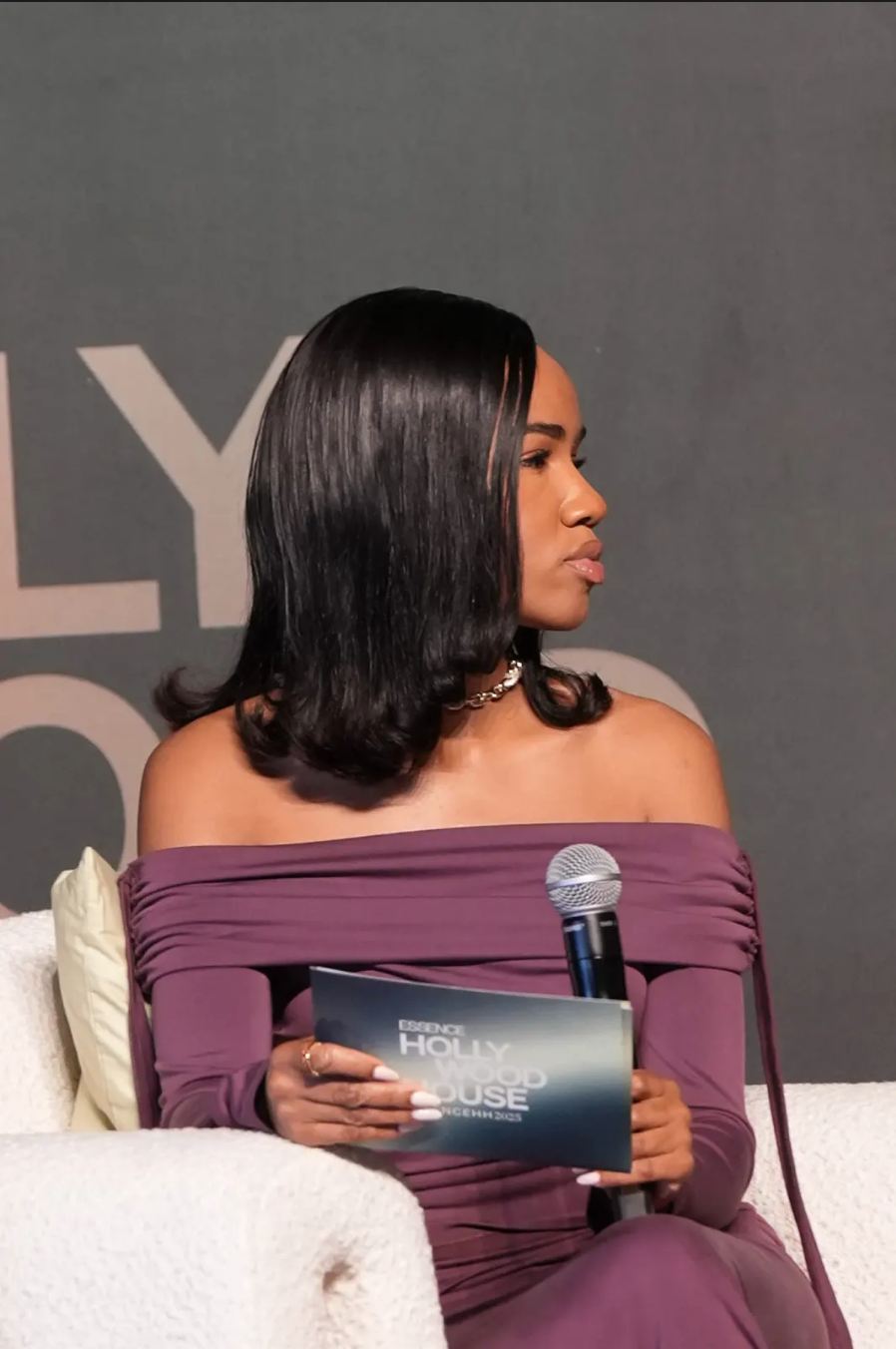
On Tuesday, The New York Times shared stories from three women who allege that music mogul Russell Simmons raped them.
The Times report follows two separate accounts from screenwriter Jenny Lumet and then 17-year-old model, Keri Claussen Khalighi, who have spoken up about their experiences with Simmons’ sexually predatory behavior.
The women’s stories contradict the public image Simmons has cultivated as a yogi motivated by peace and enlightenment. The allegations, on the contrary, point to a historical pattern of violence and predation.
The searing expose opens with Drew Dixon, an executive at Simmons’ former Def Jam Recordings. The account illustrates the escalation of Simmons’ behavior.
Sexual harassment at the job — such as Simmons graphically telling Dixon how she aroused him over work calls — eventually gave way to rape. Before Simmons sexually assaulted Dixon, he would expose his penis to her at the office, so much so that she had to give a copy of her key to a male co-worker for additional protection. The Times quotes Dixon telling the colleague:
“‘If I ever buzz you, don’t pick up, don’t call be back — just open my door. That means Russell is in here and he whipped’ his penis out.”
Simmons targeted Dixon immediately. “[H]is sexual advances started right away and became relentless. At a restaurant, Mr. Simmons pushed Ms. Dixon into a broom closet, she said, and tried to kiss her.”
Fending the music executive, Dixon said, “was a full-time job..It was exhausting. It was like making a record while swimming in rough seas.”
One night, Simmons got his way. After running into Simmons near his apartment, she let her guard down. In the Times story, she remembers when she felt cornered:
“[Dixon] rejected Mr. Simmons’s sexual advances that night directly–’many ways to say no’–as well as explaining that she had just had a gynecological procedure and could not have sex. He told her he didn’t care…and ‘I just blacked out,’” Dixon shared.
The experience took a heavy toll on Dixon, who left at the peak of her career in 2002. Despite being a talented A&R, Dixon told the Times that she was faced with the grim reality that “I could not have success in this industry unless I slept with somebody — a gatekeeper…And the fact that I would be doing it to advance my career, I would hate myself.”
Instead of succumbing to that pressure, she shifted gears and went to Harvard Business School.
The Times report also shares the account of music journalist Toni Sallie, who had a similarly terrifying experience with Simmons. He invited her to a party he said he was hosting for his girlfriend. But when she arrived, no one else was there. Under the guise of giving her a tour, Simmons reportedly led her to his bedroom, pushed her on the bed, and “physically attacked” her. “We were fighting. I said no,” she said.
About a year after the incident, Simmons once again assaulted Sallie. She saw him at a music conference in South Florida and Simmons tried to lead her to a dark beach. Sallie “resisted and he attacked her, grabbing her by the hair…and even chasing her into the women’s restroom before she escaped to her room, where she barricaded the door.” Sallie shared that, to this day, “I don’t feel comfortable in a room full of men.”
Another woman, Tina Baker, said Simmons raped her when he was her manager. Baker’s experience with Simmons “got really ugly, pretty fast” after Simmons invited her to his apartment to discuss her career one night in the early 90s. Baker had visited Simmons at his home many times before “without incident.” Except on this occasion.
“[A]s soon as they entered, Mr. Simmons started pouring drinks and trying to kiss her, leading to a scuffle, she said. She recalled ‘him on top of me, pushing me down and him saying, ‘Don’t fight me”… She was pinned on the bed. ‘I did nothing, I shut my eyes and waited for it to end.’”
The women’s horrifying encounters point to a tragic dilemma women often face when dealing with the opposite sex. Whether it’s managing a meager “hello” to the countless men that engage them on the street or making a split second decision about one’s safety in the confines of a man’s home, sometimes the smartest thing to do is relent. Surviving, acquiescing, giving up after physically attempting to ward off a man is not consent. Yet, the accused men all seem to have conflated this for consensual sex.
The surge of women who have courageously come forward to disclose the underworld of sexual predation and criminal behavior that guides far too many men’s behavior also illuminates another barrier women have to overcome in the workplace. Not only must women be exceptional to prove that they are competent artists and executives, but they have to prove to men — who are more often than not their superiors — that they are humans worthy of basic dignity.
Even after producing tremendous work, women can be discarded simply for not succumbing to a man’s sexual advances. Sadly, as the Times expose shows, they can be discarded even when they do.










